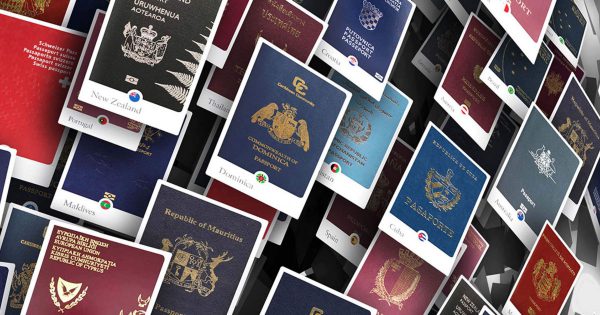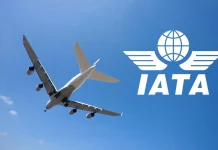LONDON, 12 January 2022: As 2022 gets underway, the latest results from the Henley Passport Index show record-breaking levels of travel freedom for top-ranking nations Japan and Singapore, but also the widest recorded global mobility gap since the index’s inception 17 years ago.
Without taking evolving and temporary Covid-related restrictions into account, passport holders of the two Asian nations can now enter 192 destinations around the world visa-free – 166 more than Afghanistan, which sits at the bottom of the index.

This deepening divide in international mobility between wealthier countries and poorer ones was brought into sharp focus late last year with the arrival of the highly infectious Omicron variant, which was met with a raft of punitive restrictions against mainly African nations.
UN Secretary-General Antonio Guterres described them as akin to “travel apartheid”.
The Henley Passport Index, which ranks all the world’s passports according to the number of destinations their holders can access without a prior visa and is based on official data from the International Air Transport Association (IATA) shows an individual could, on average, visit 57 countries in 2006 without needing to acquire a visa in advance.
Today, that number has risen to 107, but this overall increase masks a growing disparity between countries in the global north and those in the global south, with nationals from countries such as Sweden and the US able to visit more than 180 destinations visa-free, while passport holders from Angola, Cameroon, and Laos are able to enter only about 50.
Covid-19 exacerbates inequality in global mobility
Germany and South Korea hold on to the joint second spot on the latest ranking, with passport holders able to access 190 destinations visa-free, while Finland, Italy, Luxembourg, and Spain share 3rd place, with a score of 189. The US and the UK passports have regained some of their previous strength after falling all the way to 8th place in 2020 – the lowest spot held by either country in the index’s 17-year history. Both countries now sit in 6th place, with a visa-free/visa-on-arrival score of 186.
Henley & Partners chairman and the creator of the passport index concept, Dr Christian Kaelin says opening up migration channels is essential for post-pandemic recovery.
“Passports and visas are among the most important instruments impacting on social inequality worldwide as they determine opportunities for global mobility. The borders within which we happen to be born, and the documents we are entitled to hold, are no less arbitrary than our skin colour. Wealthier states need to encourage positive inward migration in an effort to help redistribute and rebalance human and material resources worldwide, including improving the size and quality of their own workforces.”
Commenting in the Henley Global Mobility Report 2022 Q1, which was released Tuesday along with the latest Henley Passport Index ranking, Migration Policy Centre’s Professor Mehari Taddele Mari points out the global south’s willingness to respond to changing circumstances is not always shared by countries in the global north.
“Expensive requirements associated with international travel institutionalize inequality and discrimination. Covid-19 and its interplay with instability and inequality have highlighted and exacerbated the shocking disparity in international mobility between wealthy developed nations and their poorer counterparts.”
Using 17 years’ worth of data from the Henley Passport Index, political scientists Ugur Altundal and Dr Omer Zarpli compared visa-free scores with World Bank statistics on GDP and fragility, as well as with data collected by the Varieties of Democracy (V-Dem) project at the University of Gothenburg.
The study shows that while citizens of upper-middle- and high-income countries have achieved visa-free access to most nations, citizens of lower-middle- and low-income countries, as well as ones with higher fragility scores, enjoy far less travel freedom because they are deemed to be high-risk when it comes to security, asylum, and overstay.
(Source: Henley Passport Index)






